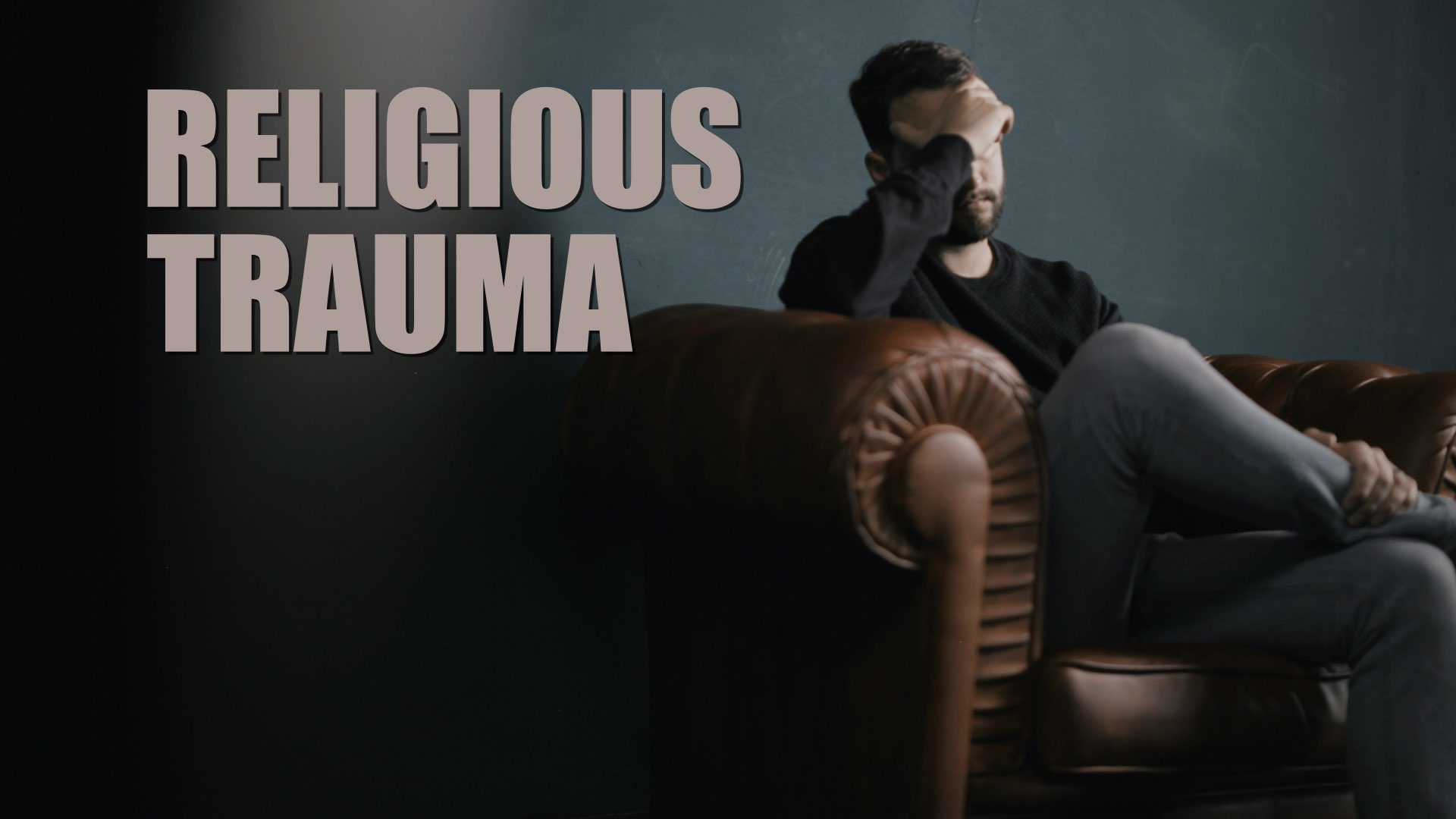Religious trauma has emerged as a vital concept in psychology, particularly among those working in trauma therapy. Rooted in the psychological impacts of certain religious teachings, environments, and practices, religious trauma is complex and often deeply personal. While faith and spiritual practices offer countless people comfort, meaning, and community, for some, the experiences associated with religion can have lasting negative impacts. This article explores what religious trauma is, how it manifests and how to recognize signs in yourself or others.
What Is Religious Trauma?
Religious trauma is the psychological distress experienced as a result of harmful religious experiences. According to experts, it can emerge from oppressive or authoritarian religious systems, doctrines that induce fear or shame, and toxic religious leaders or communities that control or manipulate members. This form of trauma can be deeply ingrained, as it affects not only one’s identity and worldview but also one’s relationship with the self, with others, and with the concept of spirituality.
Dr. Marlene Winell, a psychologist known for her work on religious trauma, coined the term Religious Trauma Syndrome (RTS) to describe the symptoms and experiences that can emerge from high-demand or authoritarian religions. She explains RTS as a “set of symptoms and characteristics that are typical of leaving an authoritarian, dogmatic religion and coping with the damage of indoctrination.” Dr. Winell and others liken the effects of religious trauma to those of complex PTSD (C-PTSD), often resulting in feelings of shame, guilt, fear, and confusion long after one has distanced themselves from the harmful religious experience.
Understanding the Origins of Religious Trauma
Religious trauma can arise from various forms of religious engagement, but there are common factors that frequently contribute to its development:
- Authoritarian Control: Religions that exert strict control over beliefs, behaviors, and even thoughts can create environments of fear and guilt. Such systems often discourage questioning and critical thinking, leading individuals to internalize shame or guilt if they deviate from prescribed doctrines.
- Fear-Based Teachings: Certain religious doctrines heavily emphasize punishment, damnation, or the idea of eternal suffering, instilling deep-seated fears. Repeated exposure to these beliefs, especially from childhood, can lead to anxiety disorders and chronic feelings of worthlessness.
- Identity Suppression: For those who do not conform to the religious group’s standards—whether due to sexual orientation, gender identity, or other personal characteristics—religious settings can force individuals to repress or hide who they truly are. This incongruence between self-identity and external expectations often results in identity-based trauma.
Isolation from Broader Society: High-demand religions frequently encourage members to disengage from those outside their religious community, resulting in social isolation. This isolation can make it difficult for individuals to question or leave, as they may fear losing their entire support network.
How Does Religious Trauma Manifest?
Religious trauma can affect an individual’s emotional, psychological, and social well-being. Symptoms vary, but they often resemble those associated with post-traumatic stress. Some of the most common indicators include:
- Anxiety and Depression: Many people who experience religious trauma struggle with chronic anxiety or depression. This can stem from feelings of unworthiness, internalized shame, or a fear of judgment and punishment.
- Self-Doubt and Shame: Religious trauma often leads to deeply ingrained shame and self-doubt, especially if one has been taught that they are inherently flawed or sinful. This belief can erode self-esteem and create a sense of unworthiness that permeates many areas of life.
- Flashbacks and Intrusive Thoughts: Those who have experienced religious trauma may have recurring flashbacks or intrusive thoughts, often triggered by certain symbols, words, or places associated with their past experiences.
- Difficulty with Decision-Making: For people raised in high-control religious environments, making independent decisions can be an overwhelming challenge. Many ex-members describe a “paralysis” when trying to trust their own instincts or make choices without consulting religious doctrine.
- Social Anxiety and Isolation: Leaving a religious community, especially a tight-knit or high-demand one, can result in a profound sense of loneliness. Many who have experienced religious trauma find it challenging to connect with new people or communities due to lingering feelings of alienation or mistrust.
- Fear of the Afterlife or Judgment: Even after leaving a harmful religious environment, individuals may carry residual fears about eternal punishment or divine retribution. These fears can create existential distress, making it difficult to find peace or closure.
How to Know if You Have Religious Trauma
Identifying religious trauma in oneself is a complex and deeply personal process. Many people who have undergone religious trauma may not initially recognize it as such, especially if they have internalized feelings of guilt or blame. Here are steps to help you reflect on whether you may be experiencing religious trauma:
- Reflect on Your Emotional Reactions
Notice if you experience intense emotions—such as fear, guilt, or anger—when encountering symbols, places, or conversations related to religion. Emotional reactions, particularly if they’re disproportionate to the present situation, can be indicators of unresolved trauma. - Assess Your Self-Perception
Examine how you perceive yourself. People with religious trauma often struggle with deep-seated self-criticism and feelings of inadequacy or shame. If religious beliefs have impacted your self-worth, it may be helpful to explore these beliefs with a mental health professional. - Consider Your Relationships
If your religious background has influenced your ability to form or maintain healthy relationships, this could be a sign of religious trauma. Consider whether fear, guilt, or control have affected your relationships with family, friends, or romantic partners. - Examine Your Beliefs About the World
Religious trauma can shape a person’s worldview, often instilling rigid, all-or-nothing thinking patterns. If you find it difficult to adapt to new perspectives or if certain beliefs continue to instill fear or shame, this rigidity may be a byproduct of religious trauma. - Evaluate Your Fears Around Morality and Judgment
For many, religious trauma includes an irrational fear of punishment or condemnation. If you struggle with feelings of anxiety around moral decisions or experience existential dread, these may be lingering effects of religious conditioning.
Moving Forward
Religious trauma is a difficult but ultimately liberating subject to confront. For those impacted by it, reclaiming one’s sense of self and rediscovering meaning outside of past doctrines is a powerful journey of healing and transformation. As awareness grows and research into religious trauma continues, it’s hoped that more people will find the resources and support they need to move forward, building lives grounded in self-compassion, autonomy, and personal peace.
Whether your experience is recent or decades-old, remember that healing is possible—and you don’t have to navigate it alone. For further information and getting help, contact our digital therapy and sign up for our newsletter.



